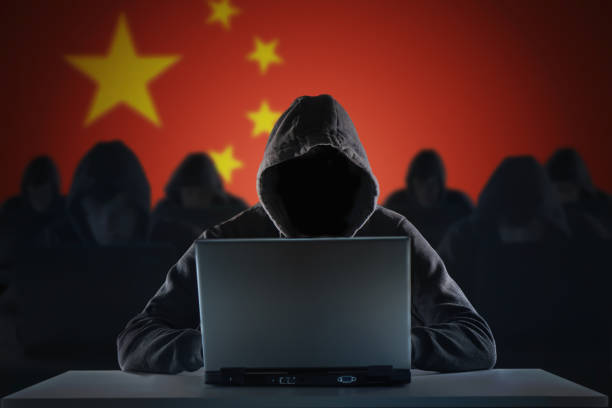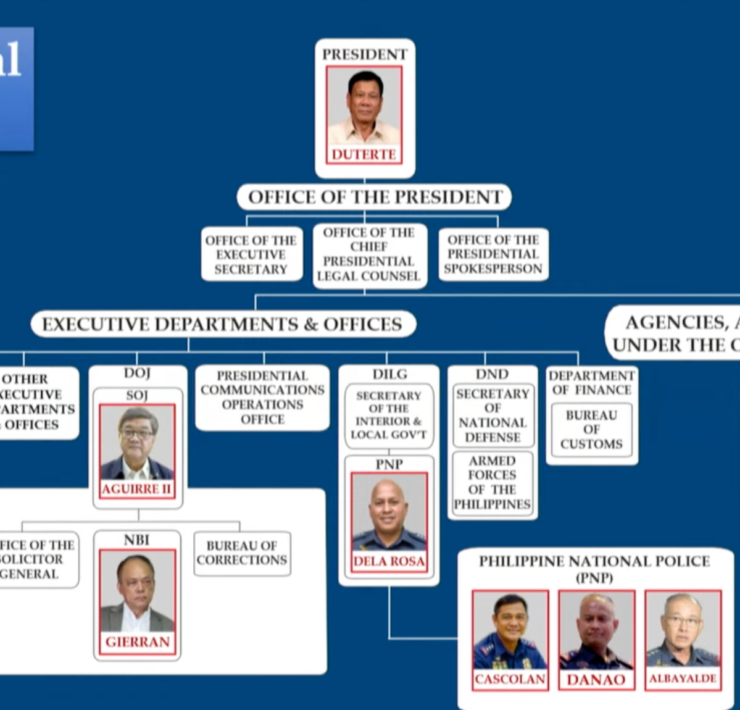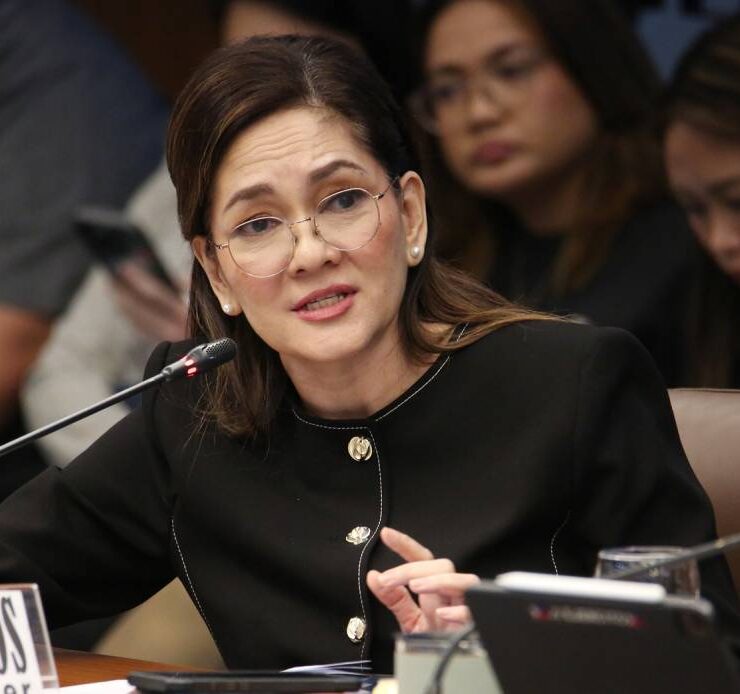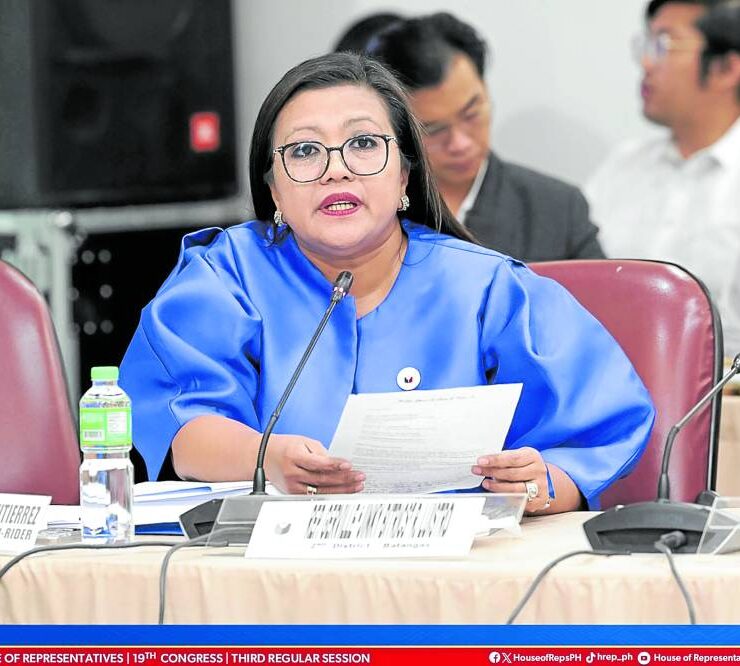China arrests 3 Filipinos for alleged spying

- Tit for tat? After Chinese nationals were arrested in PH for alleged spying, now comes news that three Filipinos were arrested in Beijing for collecting “sensitive information” and being near military facilities.
- According to a China Daily report quoting Chinese security authorities, one of the Filipinos was identified as David Servanez, a “long-term resident” in China who was apprehended after he was repeatedly seen “loitering near military facilities.” The report said that Servanez was recruited by a certain “Richie Herrera” who was allegedly an “operative” for the Philippine intelligence service.
- The two others were identified as Albert Endencia and Nathalie Plizardo, who the Chinese security agency also claimed to be working under Herrera to “collect sensitive information.”
Three Filipinos were arrested in Beijing for suspected espionage, Chinese state-run news outlets reported on Thursday as relations between the two Asian neighbors continue to deteriorate over their maritime dispute.
“China’s state security authorities have uncovered a case of Filipino espionage and apprehended three Filipino nationals suspected of spying in the country,” Global Times said in a post on X.
“The investigation revealed that Philippine intelligence agencies have long been focused on gathering information about China’s military deployments,” it added.
The alleged Filipino spying followed the arrest also of suspected Chinese spies in the Philippines earlier this year.
According to a China Daily report quoting Chinese security authorities, one of the Filipinos was identified as David Servanez, a “long-term resident” in China who was apprehended after he was repeatedly seen “loitering near military facilities.”
The report said that Servanez was recruited by a certain “Richie Herrera” who was allegedly an “operative” for the Philippine intelligence service.
According to the report, Servanez told the investigators that he was approached by Philippine intelligence officials while on a visit to his home country and was promised “financial reward” for collecting military intelligence.
The two other Filipinos were identified as Albert Endencia and Nathalie Plizardo, who the Chinese security agency also claimed to be working under Herrera to “collect sensitive information.”
“China’s State security authorities said the three were arrested after authorities obtained conclusive evidence of their involvement in espionage,” China Daily reported.
“Investigators said the three received monthly payments from the Philippine intelligence agency, with additional bonuses for high-value intelligence,” it said.
Security officials claimed that since 2021, “Philippine intelligence agency has recruited and trained Filipino nationals living in China to gather information on the country’s military deployments.”
“All three suspects have reportedly confessed and expressed remorse. Endencia urged others involved in similar activities to surrender to Chinese authorities, according to state security officials,” according to the China Daily report.
The Associated Press, quoting the state-run Xinhua News Agency, said the three were found to have handed over “sensitive material” about China to a “Philippine contact,” citing an anonymous official from China’s Ministry of State Security.
The three had confessed to the charges against them while the case remained under investigation.
“China vows strict action against foreign espionage,” Xinhua said.
Foreign Ministry spokesperson Guo Jiakun was quoted by Global Times as saying that “China’s judicial organs and relevant departments are handling the case strictly in accordance with the law and will protect the legitimate rights and interests of those involved.”
Guo said the Philippines had recently “fabricated a number of so-called ‘Chinese spy’ cases, making a concerted effort to presume guilt, stigmatize, and politicize the issue despite unclear facts.”
“China urges the Philippines to stop making groundless accusations and unfounded labels, to handle cases involving Chinese citizens fairly and in accordance with the law, and to genuinely protect the legitimate rights and interests of Chinese nationals in the country,” Guo was quoted saying.
Jonathan Malaya, the assistant director general and spokesperson for the National Security Council (NSC), said it had already alerted the Department of Foreign Affairs and concerned agencies over the said report.
“The DFA is currently confirming these reports and the involvement of any Philippine national, if any,” Malaya told the Inquirer. “We have no further comment as of this time until we are able to verify these news reports.”
Foreign Undersecretary Eduardo De Vega declined to comment. The Chinese embassy in Manila has yet to confirm the reports from Beijing.
In February, Philippine authorities arrested five suspected Chinese spies who were allegedly monitoring Philippine Coast Guard and Philippine Navy activities in Palawan province, including the resupply of troops in the West Philippine Sea.
Espionage Act
In January, authorities arrested Chinese national Deng Yuanqing and two Filipino cohorts in Makati City.
The National Bureau of Investigation said Deng and the two Filipinos, who have been charged with espionage and with violation of Republic Act No. 10175, or the Cybercrime Prevention Act of 2012, were allegedly engaged in intelligence, surveillance and reconnaissance operations “to the prejudice of our national defense.”
Authorities said Deng’s group conducted espionage activities in one of the sites used for the Philippines-US Enhanced Defense Cooperation Agreement as well as airports, seaports, power facilities and shopping malls.
National Security Adviser Eduardo Año earlier called on Congress to prioritize the passage of the amendments to the Espionage Act and the bill to counter foreign interference and malign influence following the arrest of alleged Chinese spies.
“Strengthening our legal framework is essential to effectively address evolving security threats and to ensure that those who seek to compromise our national security will face the full force of the law,” Año said.
He added that there was a need for vigilance, strengthened coordination among government agencies, and proactive measures to fortify the country’s national security framework.
Col. Francel Margareth Padilla, the Armed Forces of the Philippines spokesperson, said the military had not received any official report from “relevant authorities” regarding the alleged espionage claims.
The AFP, according to her, “recognizes the significance of this matter” and “remains ready to support as needed.”
The penalty for spying in China depends on the scope of the acts considered as espionage, but generally, it includes fines, life imprisonment, or, in extreme cases, death.
In the Philippines, the penalty is from 10 years to 30 years imprisonment and a maximum fine of P30,000. —WITH REPORTS FROM AP AND INQUIRER RESEARCH





















